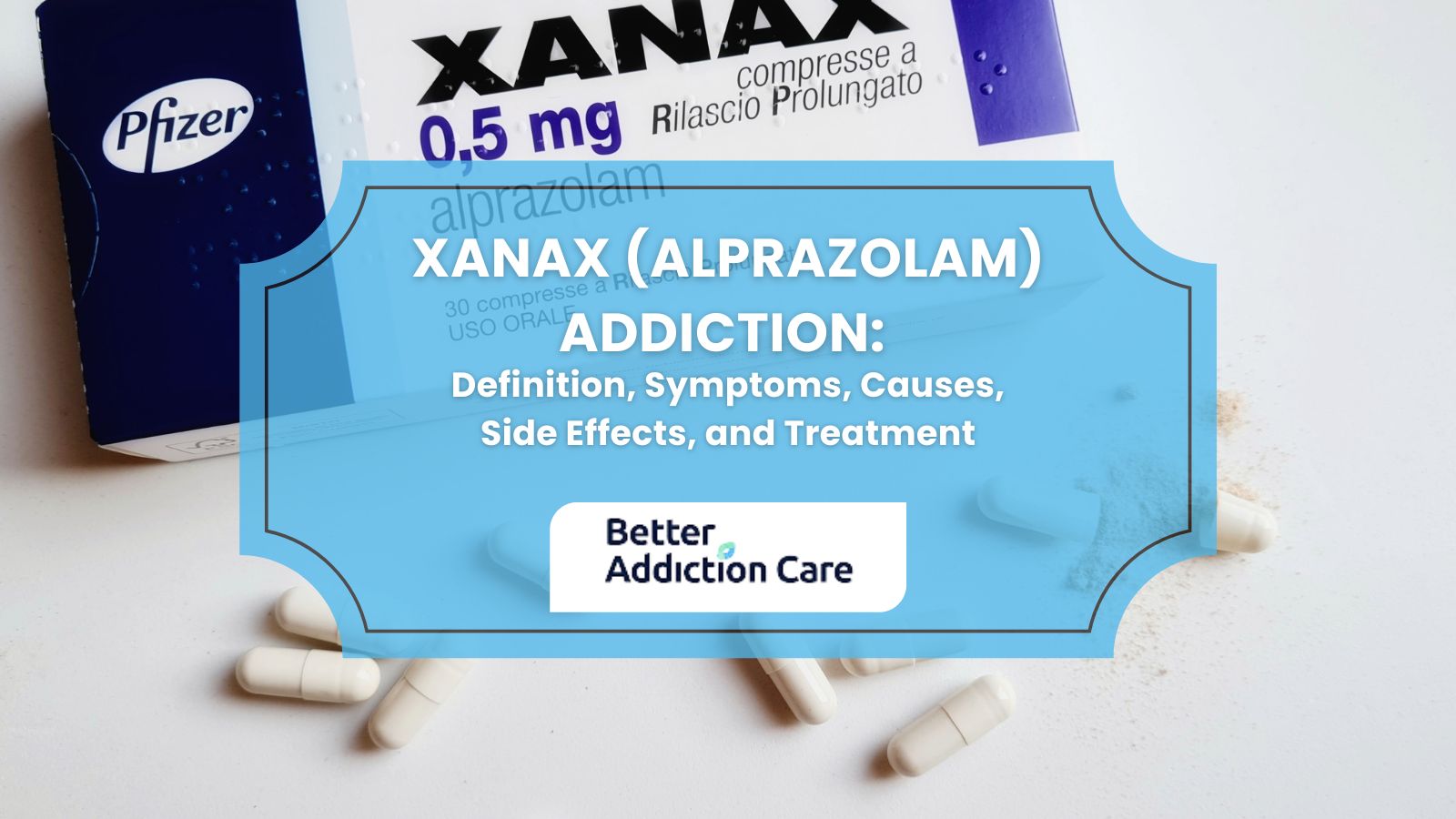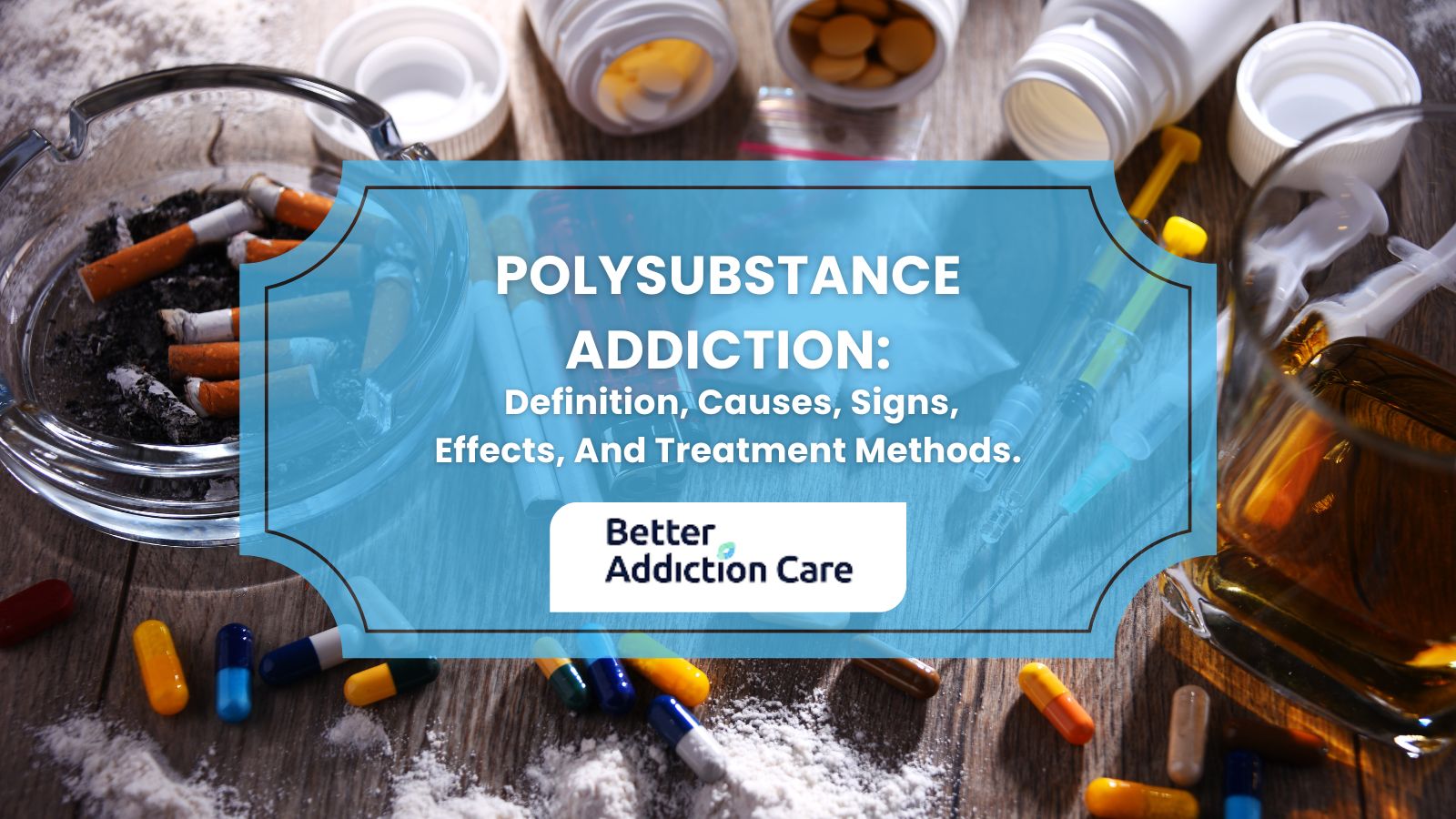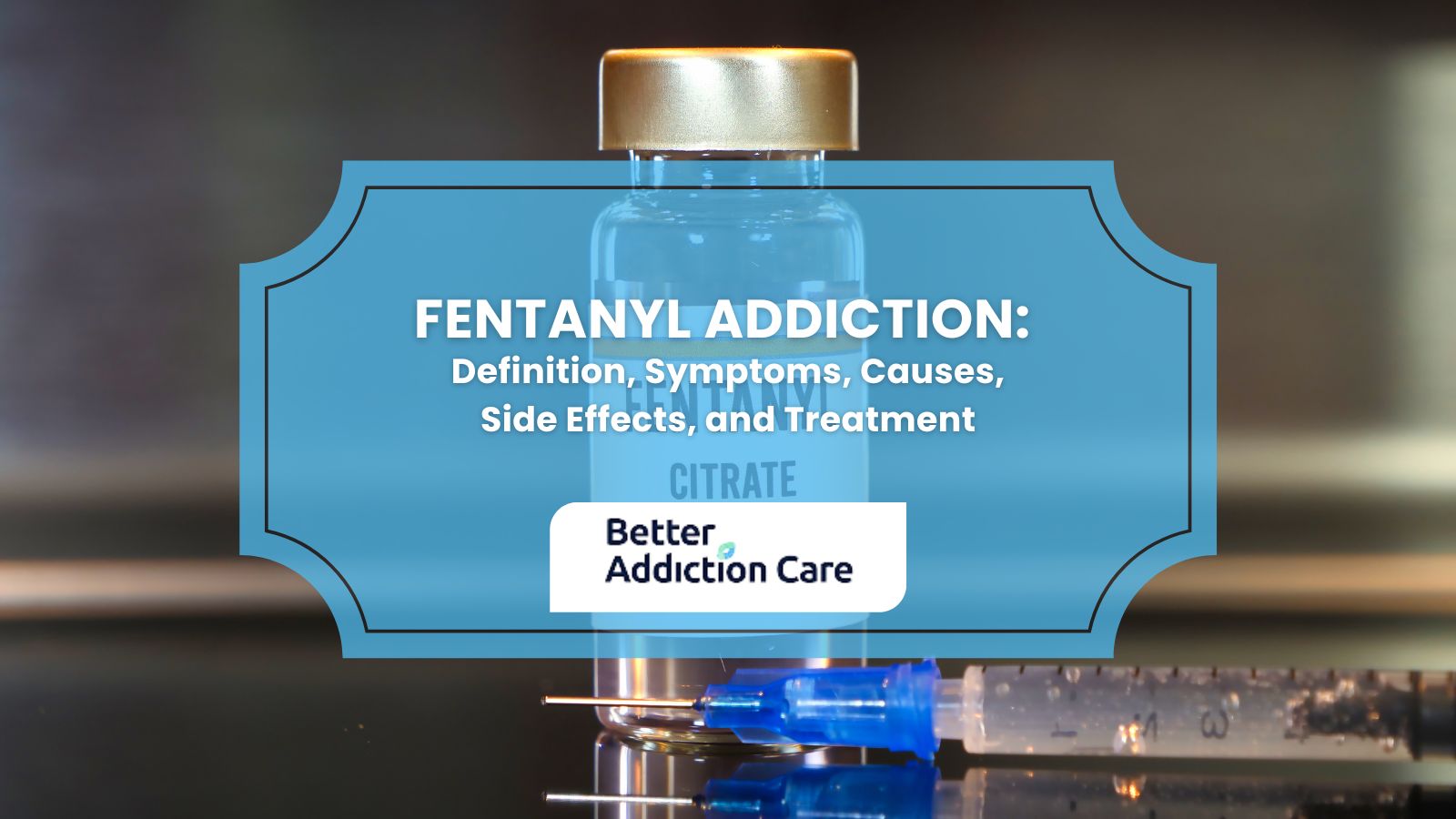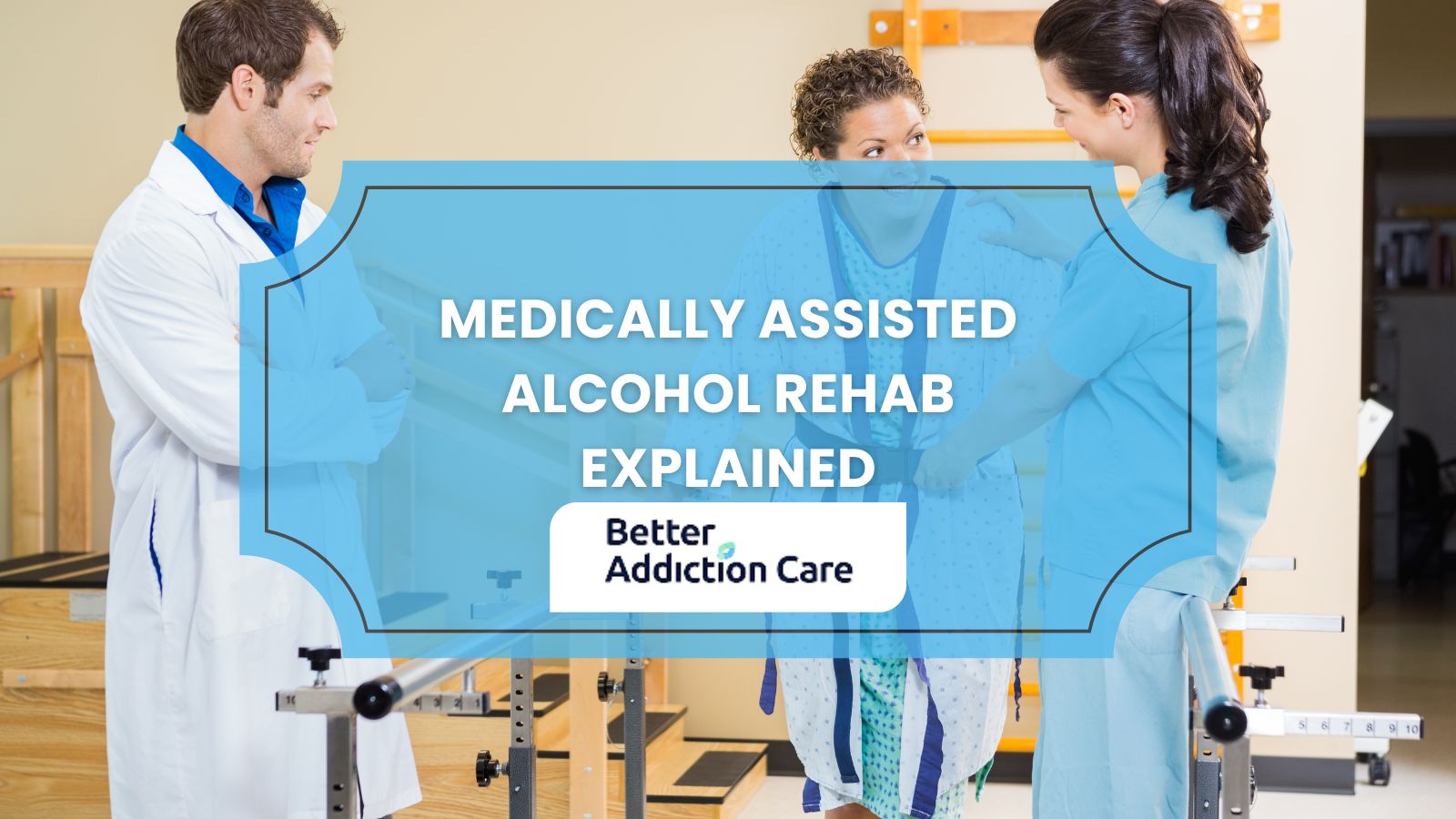Abbe Center for Community Mental Health

Overview
Abbe Center for Community Mental Health is a mental health treatment center for people seeking treatment near Buchanan County. As part of their treatment modalities for recovery, Abbe Center for Community Mental Health provides couples/family therapy, cognitive behavioral therapy, and telemedicine/telehealth therapy during treatment. Abbe Center for Community Mental Health is located in Independence, Iowa, accepting cash or self-payment for treatment.
Abbe Center for Community Mental Health at a Glance
Payment Options
- Cash or self-payment
- Medicaid
- Medicare
- Private health insurance
- Federal military insurance (e.g., TRICARE)
Assessments
- Screening for tobacco use
- Comprehensive mental health assessment
- Comprehensive substance use assessment
Age Groups
- Children/adolescents
- Young adults
- Adults
- Seniors
Ancillary Services
- Intensive case management
- Case management service
- Court-ordered outpatient treatment
Highlights About Abbe Center for Community Mental Health
6.59/10
With an overall rating of 6.59/10, this facility has following balanced range of services. Alcohol Rehabilitation: 8.00/10, Drug Rehab and Detox: 6.00/10, Insurance and Payments: 6.00/10, Treatment Options: 6.36/10.-
Alcohol Rehabilitation 8.00
-
Treatment Options 6.36
-
Drug Rehab and Detox 6.00
-
Insurance and Payments 6.00
Treatment At Abbe Center for Community Mental Health
Treatment Conditions
- Mental health treatment
- Substance use treatment
- Co-occurring Disorders
Care Levels
- Outpatient
Treatment Modalities
- Couples/family therapy
- Cognitive behavioral therapy
- Telemedicine/telehealth therapy
- Eye Movement Desensitization and Reprocessing therapy
Ancillary Services
Languages
- Sign language services for the deaf and hard of hearing
Special Programs
- Persons 18 and older with serious mental illness (SMI)
Contact Information
Read our Most Recent Article About Drug Addiction
DISCLAIMER: The facility name, logo and brand are the property and registered trademarks of Abbe Center for Community Mental Health, and are being used for identification and informational purposes only. Use of these names, logos and brands shall not imply endorsement. BetterAddictionCare.com is not affiliated with or sponsored by Abbe Center for Community Mental Health.








